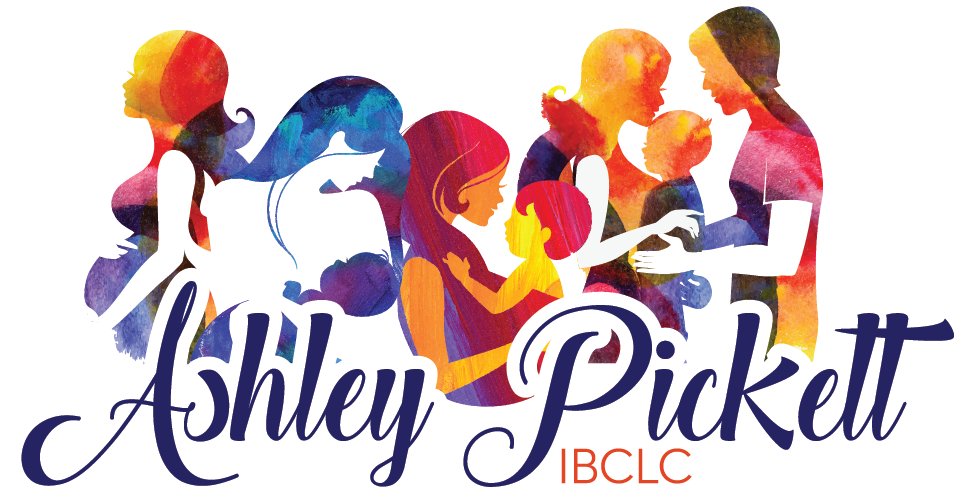Embracing Resilience: Preparing Our Kids for the World
Recently, I reflected on a Facebook discussion about whether teachers should receive sensitivity training. As much as I’d love to shield my kids from every harsh experience, I know that’s becoming less and less feasible. They’re starting to face challenges, unreasonable expectations, and moments of imbalance on their own, and I can’t always be there to step in. Instead, I have to trust that we’ve equipped them to navigate these situations with their own strength and resilience.
Navigating the School Environment
From our experience, many educators rely on behaviorist methods like rewards, punishments, and compliance to manage classrooms. While this can be effective in a large group setting, it might sometimes lack the kindness and respect that we strive to provide at home. I deeply respect teachers for their hard work, juggling the needs of many children, but I also understand that their methods might not always align with our parenting values.
Preparing, Not Just Protecting
Over the years, we’ve focused on teaching our kids how to react to the world’s challenges rather than trying to shield them from every difficulty. We emphasize that it’s okay not to be universally accepted or understood. Our goal is to prepare them to handle tough situations and people with grace, knowing that we’re always in their corner, ready to support them, even when they’re at fault.
The Role of Co-Regulation
Our approach to parenting involves guiding our kids through their emotional experiences with patience and understanding. We’re here to help them navigate their feelings, whether they’re dealing with stress at school or reflecting on their actions. This means being available to listen, offering comfort when needed, and showing unconditional love, even when they’ve made mistakes.
Building Emotional Resilience
We believe in teaching our kids to manage and release negative energy rather than holding onto it. Here’s how we do it:
1. Be Available: We stay present with them, whether it’s at bedtime or during quiet moments, to talk through their day and help them process their emotions.
2. Unconditional Support: We make it clear that our love and support are constant, even when they’ve made mistakes. We avoid using fear or punishment to correct their behavior, focusing instead on guiding them through their feelings.
3. Model Calmness: We recognize the impact of our own reactions and strive to be a calming presence. When faced with intense situations, we aim to be a steady, soothing force rather than contributing to the chaos.
4. Address Root Causes: We view behaviors as symptoms of underlying issues rather than problems to be punished. This approach helps us address the root causes and teach appropriate coping strategies.
Learning and Growing Together
Just like educators, we have our moments of frustration and missteps. I’ve yelled and made mistakes, but I always come back to apologize and discuss what could be done differently. Our kids understand that we’re all learning and growing together.
Confidence in Their Strength
I’m no longer worried about whether my kids will handle tough times. I have faith in their ability to face challenges with kindness and resilience, knowing they have a supportive foundation to fall back on.
In the end, it’s about preparing them for the real world, where not everything will be easy or fair. By equipping them with emotional tools and a strong sense of self, we give them the confidence to handle whatever comes their way.
If you’re looking for support to be the parent you know you can be, and help co-create amazing little people who turn into awesome teens and adults, simply reach out!
